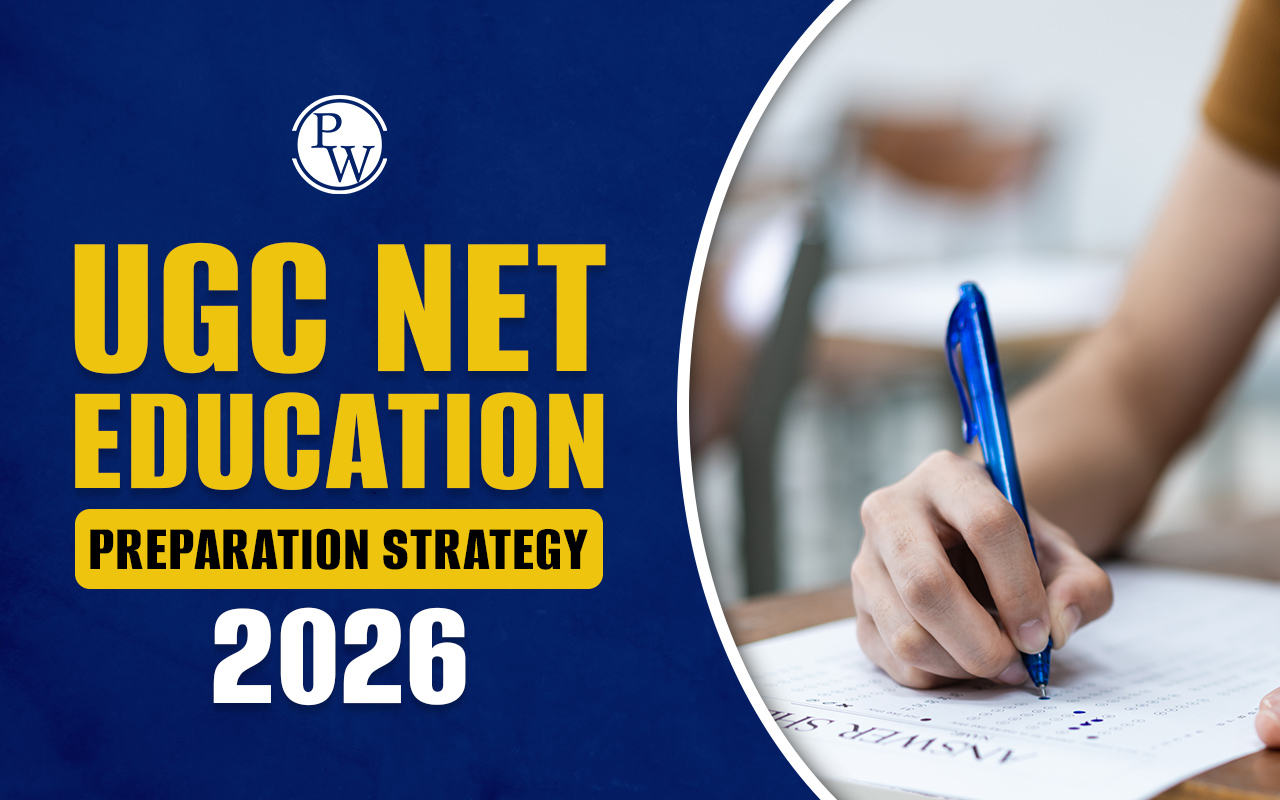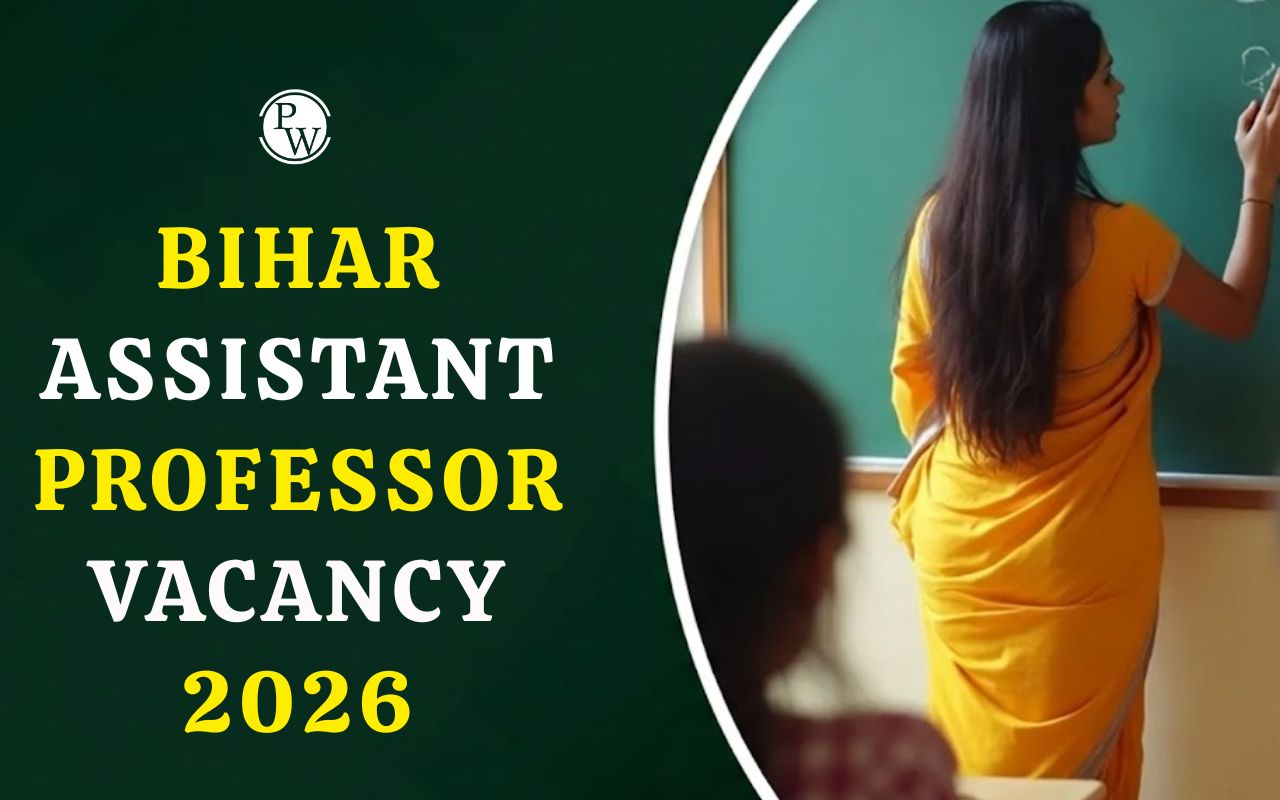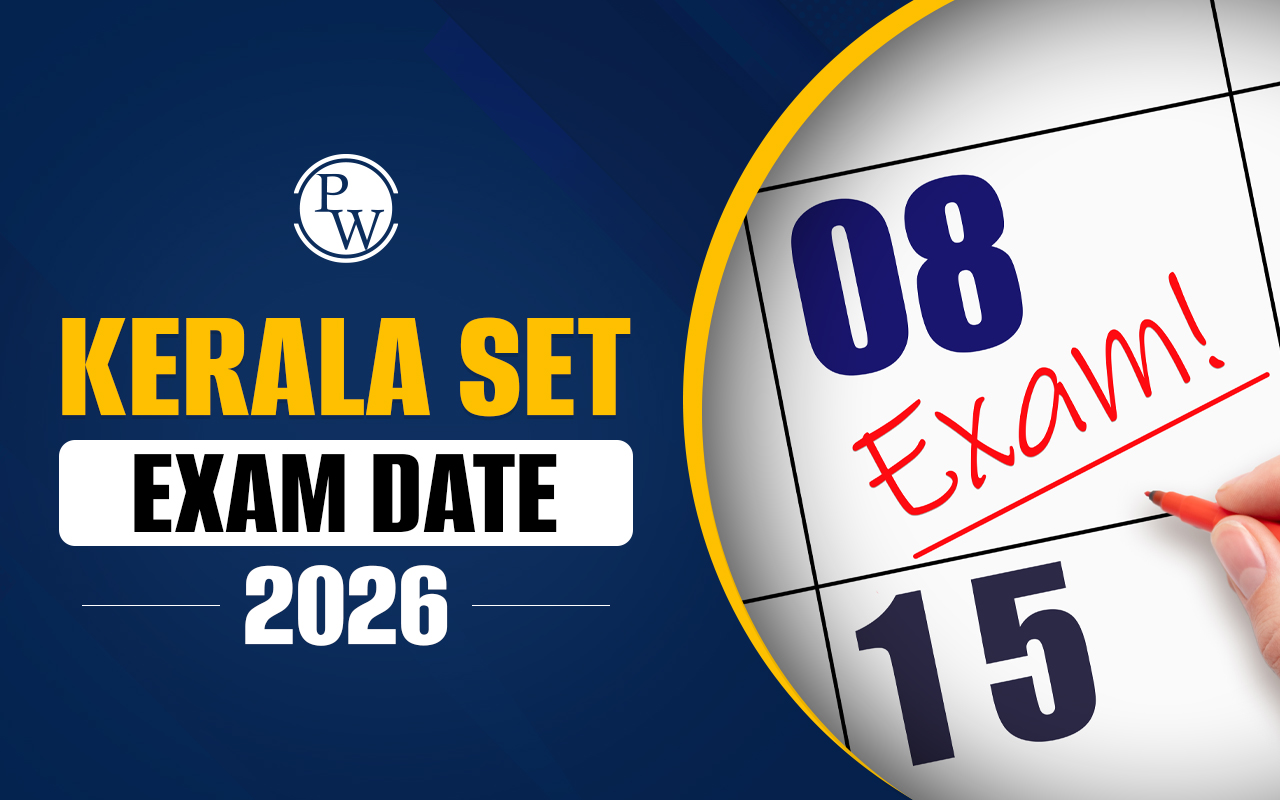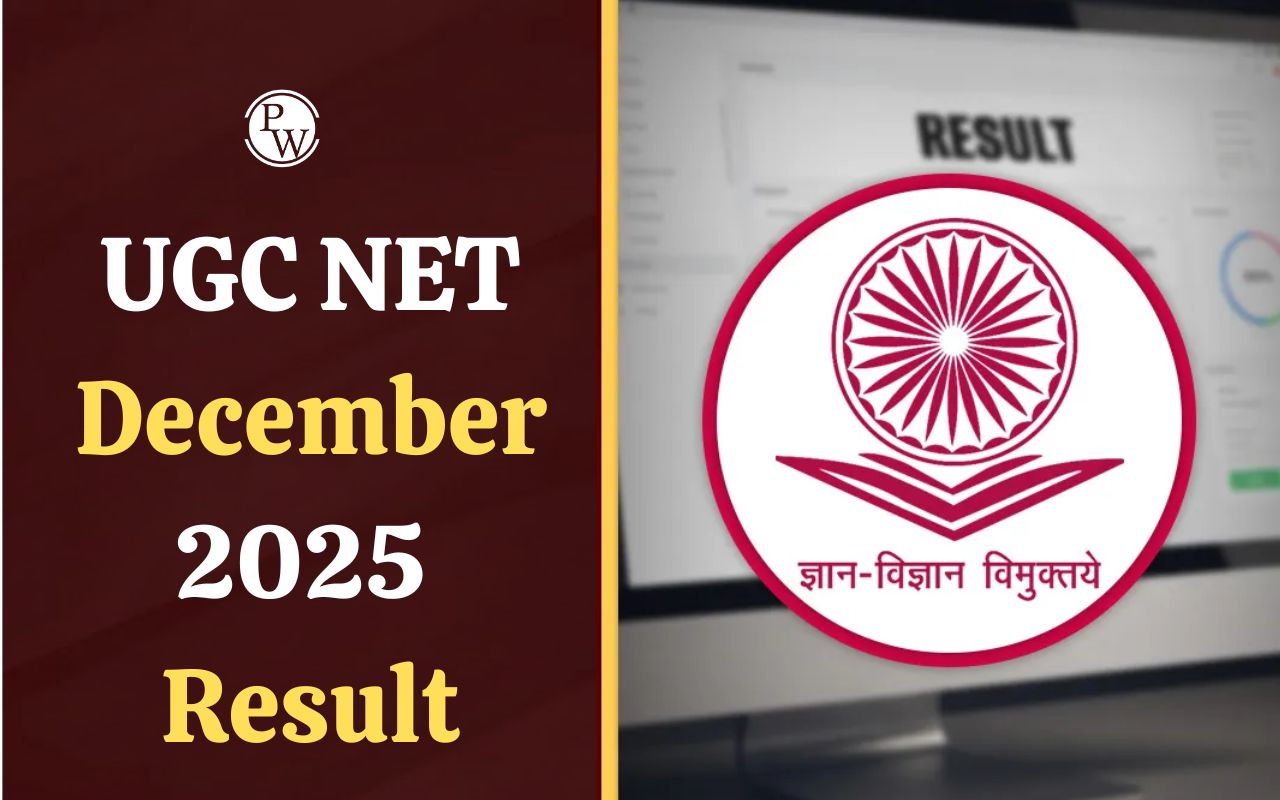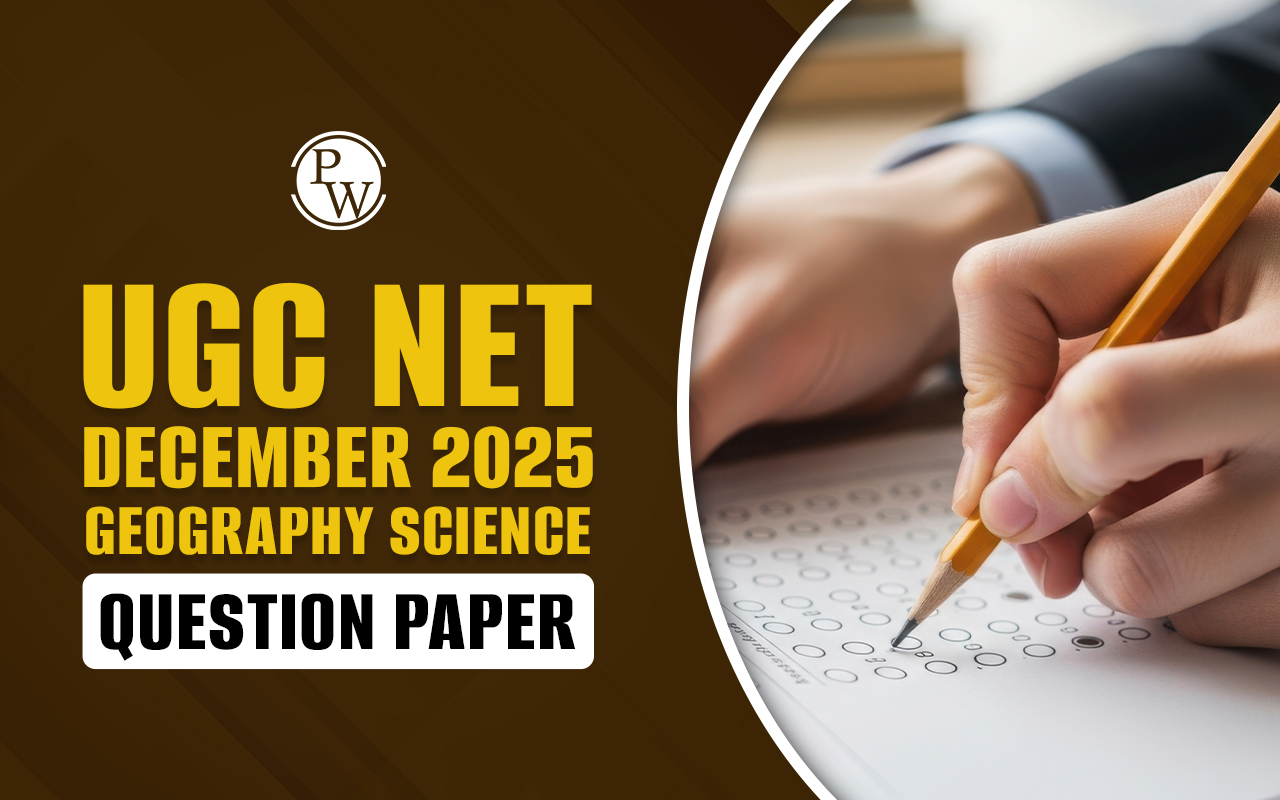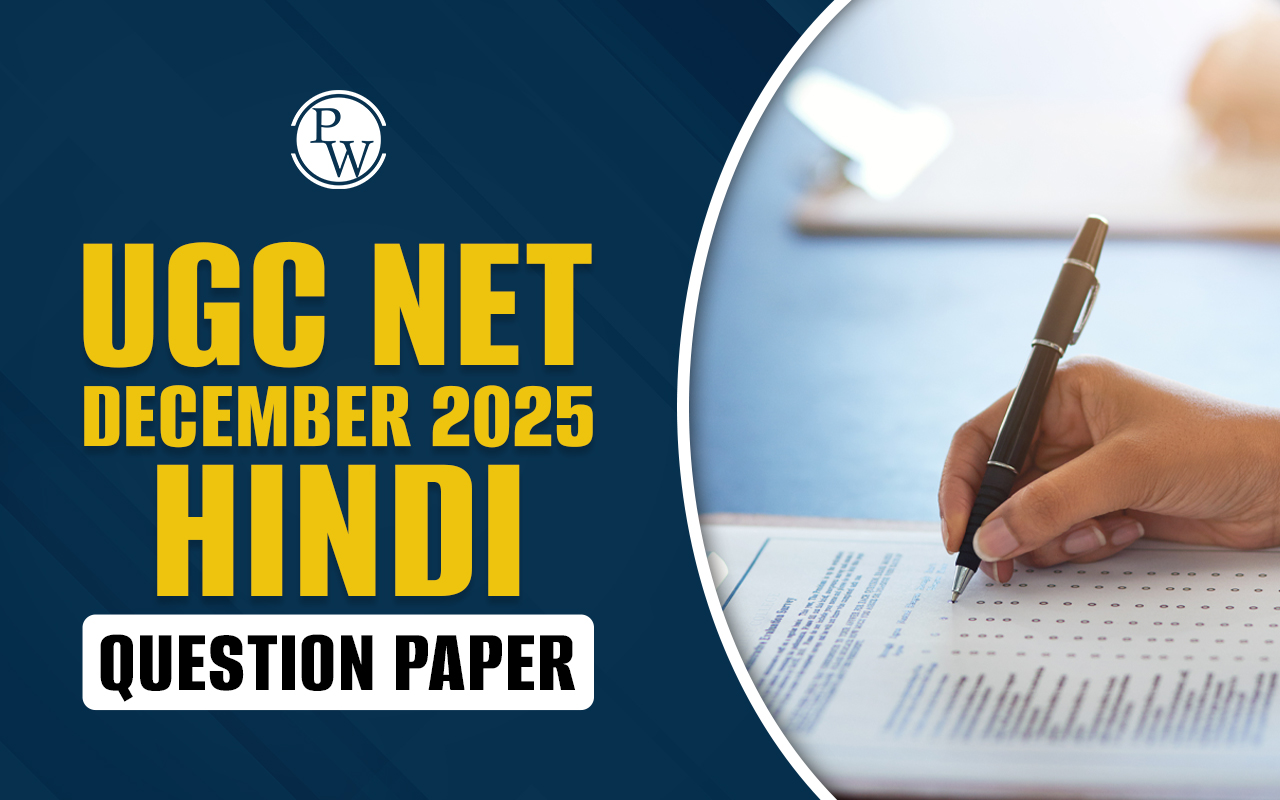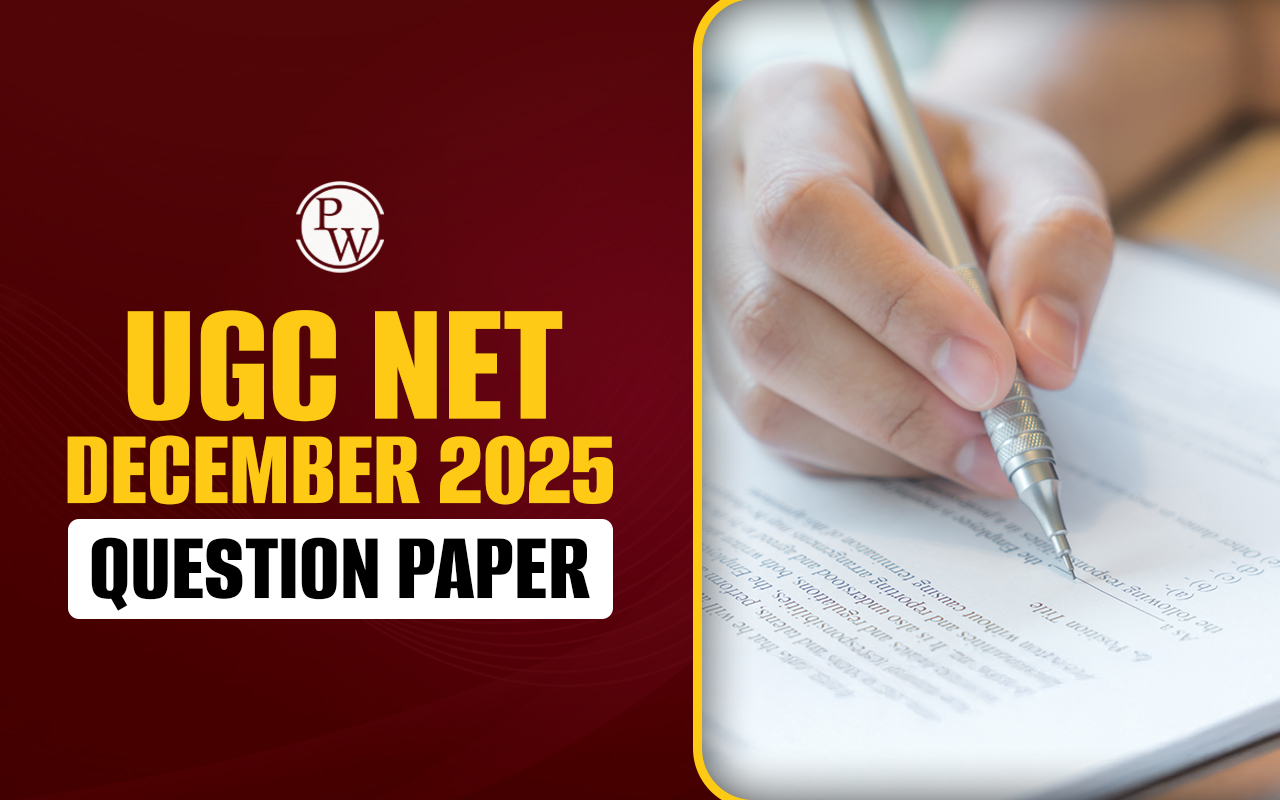
UGC NET Physical Education Syllabus 2024: The University Grants Commission (UGC) has published the UGC NET Physical Education Syllabus 2024 on its official website. To begin your UGC NET Physical Education preparation for the UGC NET 2024 exam, it is crucial to review the latest syllabus to identify key topics. The UGC NET Physical Education syllabus comprises two papers, Paper A and Paper B.
UGC NET Physical Education Syllabus 2024
The syllabus for the UGC NET Physical Education subject comprises two papers, Paper A and Paper B. Paper A is a common general aptitude paper for all subjects, while Paper B contains questions related to Physical Education topics. In order to succeed in the UGC NET Physical Education exam, it is crucial to dedicate time and effort to both papers. Begin by thoroughly understanding the UGC NET Syllabus 2024 , which will give you a clear idea of the topics and subjects you need to cover. Then, create a well-organized study plan that allocates time for each topic and ensures you cover all the necessary areas.UGC NET Physical Education Syllabus 2024 Overview
The National Testing Agency (NTA) conducts the UGC NET 2024 exam. The exam is for the recruitment of Assistant Professors and Junior Research Fellowship (JRF) in various universities and colleges across the nation. It is held twice a year at the national level. The mode of examination is online, and candidates can choose between English and Hindi as the medium of the exam.| UGC NET Physical Education Syllabus 2024 Overview | |
| Conducting Body | National Testing Agency (NTA) |
| Exam Name | UGC NET 2024 |
| Post Category | UGC NET Physical Education Syllabus 2024 |
| Posts | Assistant Professor and Junior Research Fellowship (JRF) |
| Exam Level | National |
| Exam Frequency | Twice a year |
| Mode of Exam | Online |
| Medium of Exam | English and Hindi |
| Time Duration | 3 Hours |
| Number of Papers and Total Marks |
|
| Negative Marking | No Negative Marking |
| Exam Helpdesk No. | 0120-6895200 |
| Official Website | https://ugcnet.nta.nic.in/ |
UGC NET Physical Education Syllabus 2024 PDF
Candidates who are preparing for the UGC NET Physical Education 2024 exam can download the syllabus in English, unit-wise, by clicking the provided link. All UGC NET 2024 exam aspirants should download this UGC NET Physical Education Syllabus 2024 PDF to enhance their preparation and achieve a better UGC NET Result 2024 . Click on the link given below to download the UGC NET Physical Education Syllabus 2024 PDF and get ready for success in the upcoming exam.UGC NET Physical Education Syllabus 2024 PDF in Hindi
यूजीसी नेट 2024 परीक्षा की तैयारी कर रहे उम्मीदवार अब आधिकारिक वेबसाइट से फिजिकल एजुकेशन सिलेबस हिंदी पीडीएफ में डाउनलोड कर सकते हैं। पाठ्यक्रम में भारतीय राजनीति, तुलनात्मक राजनीति, राजनीतिक सिद्धांत और अंतर्राष्ट्रीय संबंध जैसे विषय शामिल हैं। परीक्षा की सफलता दर में सुधार के लिए पाठ्यक्रम को समझना और उसके अनुसार तैयारी करना महत्वपूर्ण है। प्रभावी ढंग से तैयारी शुरू करने के लिए दिए गए लिंक के माध्यम से फिजिकल एजुकेशन सिलेबस 2024 पीडीएफ तक पहुंचें।UGC NET Physical Education Syllabus 2024 Unit Wise
The UGC NET Physical Education Syllabus for 2024 is structured into several units covering various aspects of physical education, exercise physiology, kinesiology and biomechanics, sports psychology, teacher education development, health, sports training, research methodology, test measurement and evaluation, and management principles. Here's a breakdown of each unit.|
UGC NET Physical Education Syllabus 2024 Unit Wise |
|
| Unit Name | Topics |
| Physical Education |
|
| Exercise Physiology |
|
| Kinesiology and Biomechanics |
|
| Sports Psychology |
|
| Development of Teacher Education for Physical Education in India |
|
| Health |
|
| Sports Training |
|
| Research in Physical Education |
|
| Test, Measurement and Evaluation |
|
| Management |
|
UGC NET Physical Education Syllabus 2024 Important Topics
Understanding the UGC NET Physical Education Syllabus is essential for candidates preparing for the exam. Here's a brief overview of the important topics in the syllabus for the UGC NET 2024 Exam:- History of Physical Education in India: This topic will cover the evolution and development of physical education in India, its significance, and its impact on society.
- Philosophical Foundations of Physical Education: This area will discuss the philosophical aspects of physical education, including its purpose, goals, and values.
- Principles of Exercise Physiology: Candidates will learn about the physiological responses to exercise, energy systems, and metabolism.
- Sports Psychology: This topic will cover psychological aspects of sports, including motivation, mental toughness, and the role of emotions in sports performance.
- Biomechanics and Kinesiology: Candidates will study the principles of human movement, muscle function, and the biomechanics of sports techniques.
- Sports Sociology: This area will focus on the social aspects of sports, including the role of sports in society, social influences on sports participation, and the impact of sports on culture.
- Test and Measurement in Physical Education: This topic will cover the principles and techniques of assessing physical fitness, motor skills, and other aspects related to physical education.
- Sports Training and Coaching: Candidates will learn about the principles of sports training, periodization, and coaching methodologies.
- Sports Management and Administration: This area will cover the management and administration aspects of sports organizations, including planning, budgeting, and leadership.
- Health Education and Promotion: This topic will focus on the principles of health education, health promotion, and disease prevention.
UGC NET Physical Education Exam Pattern 2024
The UGC NET Physical Education Exam Pattern for 2024 includes two papers. Here is an overview of the UGC NET Physical Education Exam Pattern 2024.| UGC NET Physical Education Exam Pattern 2024 | |||
| Paper | Sections | Number of Questions | Maximum Marks |
| Paper 1 | Teaching Aptitude, Research Aptitude, Reading Comprehension, Communication, Reasoning (including Maths), Logical Reasoning, Data Interpretation, Information & Communication Technology (ICT), People & Environment, and Higher Education System | 50 | 100 |
| Paper 2 | Physical Education | 100 | 200 |
UGC NET Physical Education Minimum Qualifying Marks
The minimum qualifying marks for the UGC NET exam have been announced. Here is an overview of the UGC NET 2024 minimum qualifying marks based on different categories:| UGC NET Physical Education Minimum Qualifying Marks | |
| Category | Qualifying Marks |
| General | 40% |
| OBC | 35% |
| SC/ST | 35% |
Best Books to Cover UGC NET Physical Education Syllabus 2024
UGC NET Books are study materials specifically designed to help candidates prepare for the UGC NET exam. The best books to cover the UGC NET Physical Education Syllabus for 2024 include:| Best Books to Cover UGC NET Physical Education Syllabus 2024 | |
| Books Name | Author Name/Name of the Publishers |
| UGC NET/SET Physical Education | Akhilesh Tripathi and A K Srivastava/ Trueman |
| Vision Physical Education | Vishal Sharma/ Sports Publication |
| Physical Education A Key to Success | Harmeet Singh and Pravendra Chaudhary / Khel Sahitya Kendra |
UGC NET Physical Education Syllabus 2024 FAQs
What are the topics covered under Exercise Physiology in the UGC NET Physical Education Syllabus?
Exercise Physiology topics include cardiorespiratory adaptations, muscle types and functions, neuro-muscular junction, metabolic aspects of exercise, recovery processes, and environmental influences on physiology during exercise.
What is the mode of examination for UGC NET Physical Education?
The mode of examination for UGC NET Physical Education is online.
What are the important topics in the UGC NET Physical Education Syllabus?
Some important topics include the history of physical education in India, philosophical foundations, exercise physiology, sports psychology, biomechanics, sports sociology, test and measurement, sports training, management, and health education.
How many papers are there in the UGC NET Physical Education exam?
There are two papers in the UGC NET Physical Education exam: Paper A (General Aptitude) and Paper B (Physical Education).
What are the minimum qualifying marks for the UGC NET exam?
The minimum qualifying marks for the UGC NET exam are 40% for General category, and 35% for OBC and SC/ST categories.
Talk to a counsellorHave doubts? Our support team will be happy to assist you!

Free Learning Resources
PW Books
Notes (Class 10-12)
PW Study Materials
Notes (Class 6-9)
Ncert Solutions
Govt Exams
Class 6th to 12th Online Courses
Govt Job Exams Courses
UPSC Coaching
Defence Exam Coaching
Gate Exam Coaching
Other Exams
Know about Physics Wallah
Physics Wallah is an Indian edtech platform that provides accessible & comprehensive learning experiences to students from Class 6th to postgraduate level. We also provide extensive NCERT solutions, sample paper, NEET, JEE Mains, BITSAT previous year papers & more such resources to students. Physics Wallah also caters to over 3.5 million registered students and over 78 lakh+ Youtube subscribers with 4.8 rating on its app.
We Stand Out because
We provide students with intensive courses with India’s qualified & experienced faculties & mentors. PW strives to make the learning experience comprehensive and accessible for students of all sections of society. We believe in empowering every single student who couldn't dream of a good career in engineering and medical field earlier.
Our Key Focus Areas
Physics Wallah's main focus is to make the learning experience as economical as possible for all students. With our affordable courses like Lakshya, Udaan and Arjuna and many others, we have been able to provide a platform for lakhs of aspirants. From providing Chemistry, Maths, Physics formula to giving e-books of eminent authors like RD Sharma, RS Aggarwal and Lakhmir Singh, PW focuses on every single student's need for preparation.
What Makes Us Different
Physics Wallah strives to develop a comprehensive pedagogical structure for students, where they get a state-of-the-art learning experience with study material and resources. Apart from catering students preparing for JEE Mains and NEET, PW also provides study material for each state board like Uttar Pradesh, Bihar, and others
Copyright © 2026 Physicswallah Limited All rights reserved.

